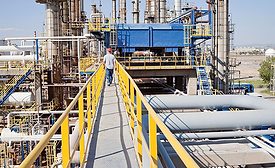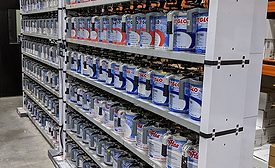Industrial Coatings
Bringing Artificial Intelligence to the Paint Shop
First Market-Ready AI Application for Paint Shops
Read More
Keep the info flowing with our eNewsletters!
Get the latest industry updates tailored your way.
JOIN TODAY!Copyright ©2025. All Rights Reserved BNP Media.
Design, CMS, Hosting & Web Development :: ePublishing









